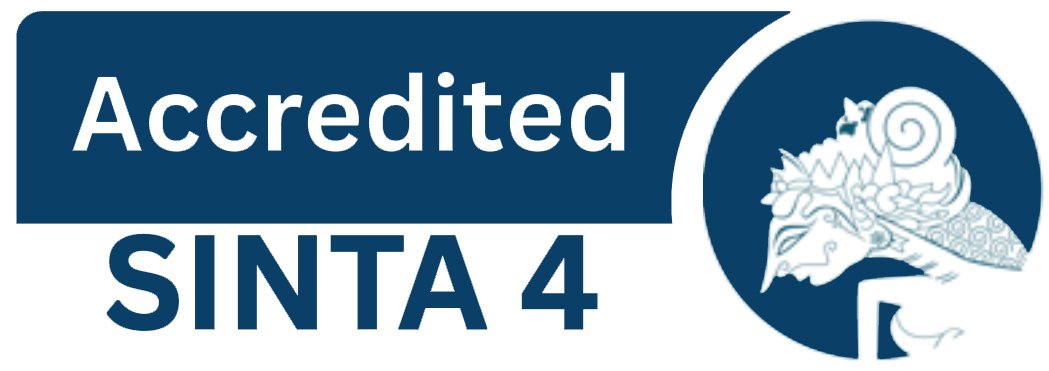IMPLICATION OF INTERNSHIP III PROGRAMS ON SOCIAL COMPETENCY OF PENMAS STUDENTS OF IKIP SILIWANGI
DOI:
https://doi.org/10.22460/p2m.v6i1p14-20.1251Keywords:
internship, social competenceAbstract
The apprenticeship program III is one of the academic agendas in developing student competencies, so that they are ready to undergo the profession as community educators. However, based on the identification of problems carried out internally, it was found that the apprenticeship program III, had not provided optimal results, this can be seen from the results of evaluations and feedback from the people who were targeted in the apprenticeship program III of the IKIP Siliwangi Community Education study program. The theoretical foundation used in this study is the theory of learning through practice, the theory of social competence and the theory of public education. The research method used is descriptive qualitative with the instruments used are interview guides, guidelines for observation and documentation study. The results obtained that the competence of students in the public education study program showed an increase especially in terms of communication and social interaction skills. However, it has not received a good assessment from the community. So that the conclusions in this study are that the internship program III has positive implications for the development and social competence of students, but still needs further development.References
CNN-Indonesia. (2019, May 06). CNN Indonesia. Retrieved from CNN Indonesia: https://www.cnnindonesia.com/ekonomi/20190506124326-532-392272/jumlah-pengangguran-februari-2019-turun-jadi-682-juta-orang
Handayati, R. (2016). Pengaruh Karakteristik Individu Terhadap Kinerja Karyawan Di Bank Jatim Cabang Lamongan. Jurnal Penelitian Ekonomi dan Akuntansi, 1(2), 127-140.
Hurlock, E. (2002). Psikologi Perkembangan Suatu Pendekatan Sepanjang Rentang Kehidupan (terjemahan : Istiwidayati Tjandrasa). Jakarta: Erlangga.
Kolb, D. (1984). Experiential Learning Experience as The Source of Learning. New Jersey: Parentice Hall.
Monks, Knoer, & Haditomo. (2002). Psikologi Perkembangan:Pengantar dalam Berbagai Bagiannya. . Yogyakarta: Gadjah Mada University Press.
Mulyono, D. (2014). Menegaskan Karakter Pendidikan Nonformal. Empowerment, 1(1), 63-68.
Rukanda, N. (2017). Empowerment Of Village Communities In The Development Framework The Unitary State Of The Republic Of Indonesia. Empowerment, 6(2), 40-53.
Saepudin, A., & Mulyono, D. (2019). Community Education In Community Development. Empowerment, 8(1), 65-73.
Sopiah. (2008). Perilaku Organisasi; Edisi Pertama. Yogyakarta: Percetakan Andi.
Sutrisno, E. (2015). Budaya Organisasi. Jakarta: Prenamedia.
Wahyuningtyas, H. E. (2006). Perbedaan Kompetensi Sosial Antara Remaja Yang Tinggal Di Kota dan remaja Yang Tinggal Di Desa (Skripsi pada Fakultas Psikologi, Universitas Negeri Malang). Malang: Tidak Diterbitkan.


















